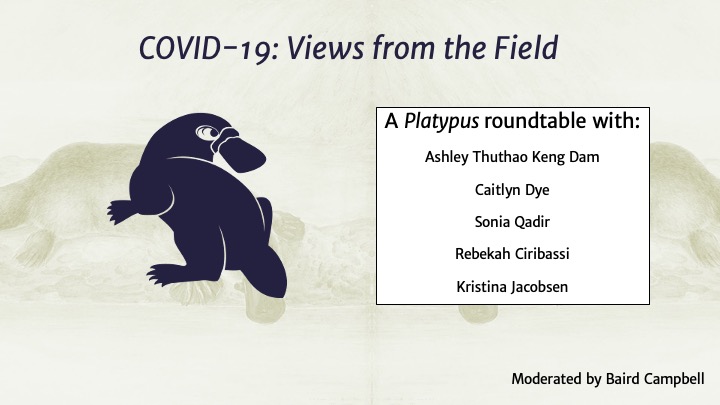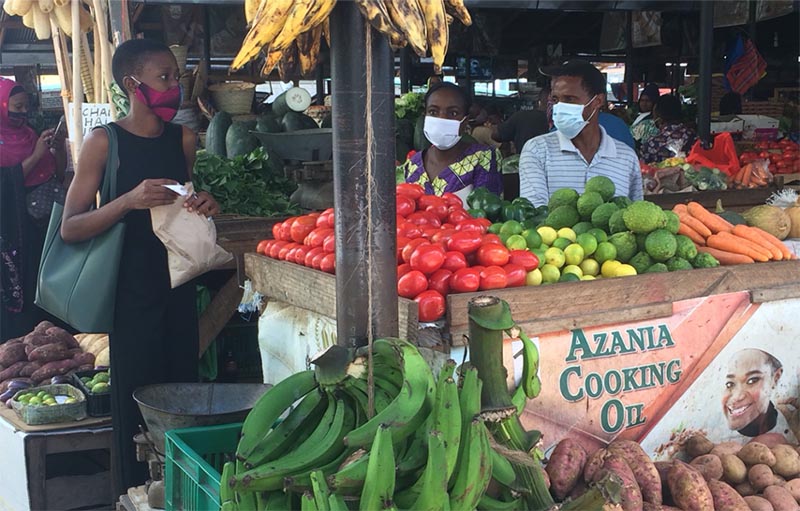COVID-19, or the vernacular “coronavirus,” hardly needs an introduction. By the time of this writing, there are over 1.2 million active cases spread across nearly every country worldwide. There is hardly an area of daily life that remains unchanged by the new and unfamiliar terms of coping and coexisting with a pandemic. Social relations are disrupted, mobilities once taken for granted are halted, forms of connectedness have suddenly become threatening. Social scientists have been quick to respond; our expertise enables us to contextualize novel, emergent events with theoretical insights from mundane life. Much of the focus has been on the indeterminacy of the present moment, and the uncertainties of pandemic life. Academics, of course, have not been immune to those interruptions and uncertainties. For ethnographers actively conducting fieldwork especially, the cutting off of social interaction forces a renegotiation of their place in “the field.” Some of us find ourselves sheltering (read more...)



